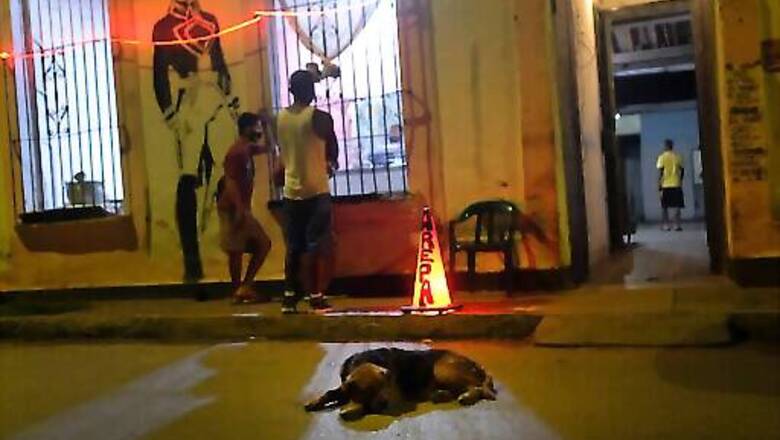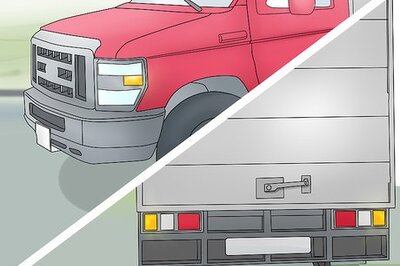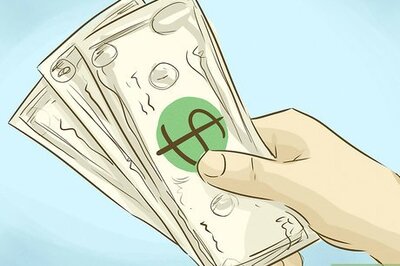
views
CARACAS, Venezuela: When coronavirus quarantines shut down street vendors in Venezuela’s capital, Dioselis Bello pushed her hot dog cart inside her house and reopened for business.
Like many struggling to get by, she can’t survive long without working.
Now, customers walk up to her front window to order a traditional Venezuelan arepa, or perhaps a hamburger or soup.
Bello says business isn’t like it was when she worked her portable griddle on the bustling street, but she’s happy to earn a living.
I cant complain,” 49-year-old Bello said. This way, at least Im at home and I’m able to work.
She’s one of many Venezuelans who have adapted to harsh quarantine restrictions by turning their homes and other spaces into makeshift take-out restaurants or shops.
The first cases of COVID-19 in Venezuela five months ago were followed by quarantine measures that closed businesses and left many without work. The pandemic hit at a moment of economic crisis that left many scraping by on a monthly minimum wage equal to roughly $2.60.
Despite the strict measures, Venezuelan officials report that the coronavirus has left at least 337 dead and sickened roughly 40,000. Critics say the numbers are likely much higher.
Santa Rosala Street in a poor neighborhood at the heart of Caracas used to teem with food carts offering street fare all night long. There’s now darkness instead of the glow of lights where crowds of hungry people bought a quick late night meal.
Instead, Bello now lights up an orange traffic cone in front of her home to lure customers. Just inside, she prepares their food and then passes it, wrapped in paper, through the bars on her window.
Bello said she misses the lively ambience of the street, and the lockdown has taken a bite out of earnings that used to let her save money. But she’s not complaining.
At least I have survived, she said. I feel good.
Next door, Isabel Quevedo, 42, started selling candy, bread, cigarettes and soft drinks from the window in her house after suddenly being laid off from a clothing store that closed due to the pandemic.
That has allowed her to feed herself and her grandson. On a good day, she earns more than the monthly minimum wage she was paid at the store and how she doubts she’ll ever go back.
When the virus ends, I imagine that there’ll be even more people coming by here to shop, she said, adding that the police don’t bother her. “As long as I wear a face mask, I can continue to sell things from inside my house.
A similar entrepreneurial spirit led Rosmer Daz, a 28-year-old government employee, to convert the his public apartment building’s trash deposit a ground-floor room the size of a large closet into a small shop selling food and household necessities.
He hatched the idea before the pandemic after the building’s residents decided to seal the trash shoot on all six floors because nobody was emptying the deposit. He had grown frustrated that his civil servant’s salary was constantly shrinking due to inflation.
The quarantine pushed him into action. Now, Daz stacks toilet paper, canned food and bags of pasta under the open shoot that used to channel trash crashing down from apartments overhead.
This is a little extra income for my family,” he said. “The salaries we earn in the public administration are deficient and unrealistic.
Disclaimer: This post has been auto-published from an agency feed without any modifications to the text and has not been reviewed by an editor




















Comments
0 comment